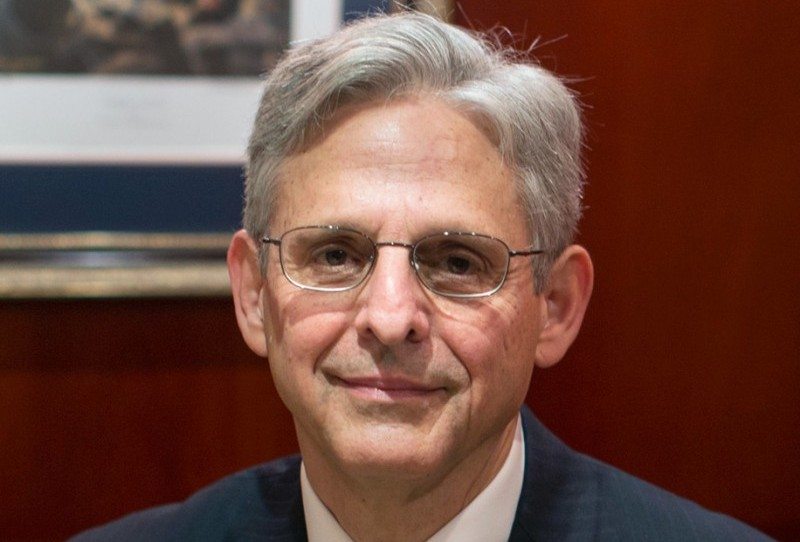In the wake of Justice Antonin Scalia’s death, Republicans have been vowing (loudly) to block any nomination for Supreme Court justice that the President puts forth.
That’s why President Obama’s Supreme Court justice pick this morning appeared to be an expert move on the political chessboard. The president nominated Merrick Garland, chief judge of the U.S. Court of Appeals for the D.C. Circuit, known as a centrist and highly respected by D.C. Republicans.
Does this mean that Merrick Garland is the planet’s worst nightmare? No. In environmental cases, he tends toward the greener side.
Here’s what some experts have to say about Justice Garland on environmental cases:
“Judge Garland has in a number of cases favored contested EPA regulations and actions when challenged by industry, and in other cases he has accepted challenges brought by environmental groups.”
Richard Lazarus, an environmental law scholar at Harvard University, in Mother Jones:
“No one would say Garland is a hardened environmentalist.” Still, “we think we’ll get a straight shot from him. He doesn’t come with any inherent skepticism about the federal government overreaching [on environmental regulation]. In terms of looking for someone who would give a fair hearing [to the Clean Power Plan], he’s a big shift from Scalia.”
What does this nomination mean for the environment? A lot. Scalia most recently helped to block the EPA from cleaning up power plants, and that’s just one of many examples of how his conservative ideology at played out in our nation’s highest court.
There’s even more at stake for our democracy.
Over the course of his time as a justice, Antonin Scalia fought against limits on how corporations were able to spend money in elections. His nearly 30-year fight culminated in the 5-4 Citizens United decision in 2010, which led to unlimited and often undisclosed corporate financing of elections.
When it comes to campaign finance, Merrick Garland is unpredictable:
“According to Scott Greytak, who is counsel for the campaign finance reform advocacy group Free Speech for People, Garland’s record on campaign finance is somewhat mixed. The judge sided unanimously with the nine-judge DC federal appeals court in […] SpeechNOW.org v. Federal Election Commission (FEC), which led to the creation of super PACs as we know them today. ‘But outside of that … his record with campaign finance is otherwise very solid.’ Greytak cited other decisions by Garland, such as upholding a ban last year on contributions from government contractors to federal candidates, upholding a lobbying disclosure statute in 2009 and striking down a myriad of FEC regulations as not stringent.”
Because of Garland’s centrist background, Obama was able to nominate a man that the longest serving Republican on the Senate Judiciary Committee, Orrin Hatch (R-UT) absolutely loves.
Awkward https://t.co/ukIvwsZeu7 pic.twitter.com/NrOIbz1PgY
— ThinkProgress (@thinkprogress) March 16, 2016
Just last week, Sen. Hatch told conservative Newsmax:
“[Obama] could easily name Merrick Garland, who is a fine man…He probably won’t do that because this appointment is about the election. So I’m pretty sure he’ll name someone the [liberal Democratic base] wants.”
But the President went with Garland after all. Despite conservative admiration for the circuit judge, people like Senate Majority Leader Mitch McConnell don’t seem to be moved much by Obama’s choice. They claim the nomination needs to wait for the next president.
The American people are perfectly capable of having their say on the #SCOTUSnominee. So let’s give them a voice. pic.twitter.com/8KyGZTuqoo
— Leader McConnell (@SenateMajLdr) March 16, 2016
Will the Republicans in Congress obstruct the nomination, only to face a more liberal nomination in 2017? Only time will tell. In the meantime, like so many things that involve Congress these days, we wait.



